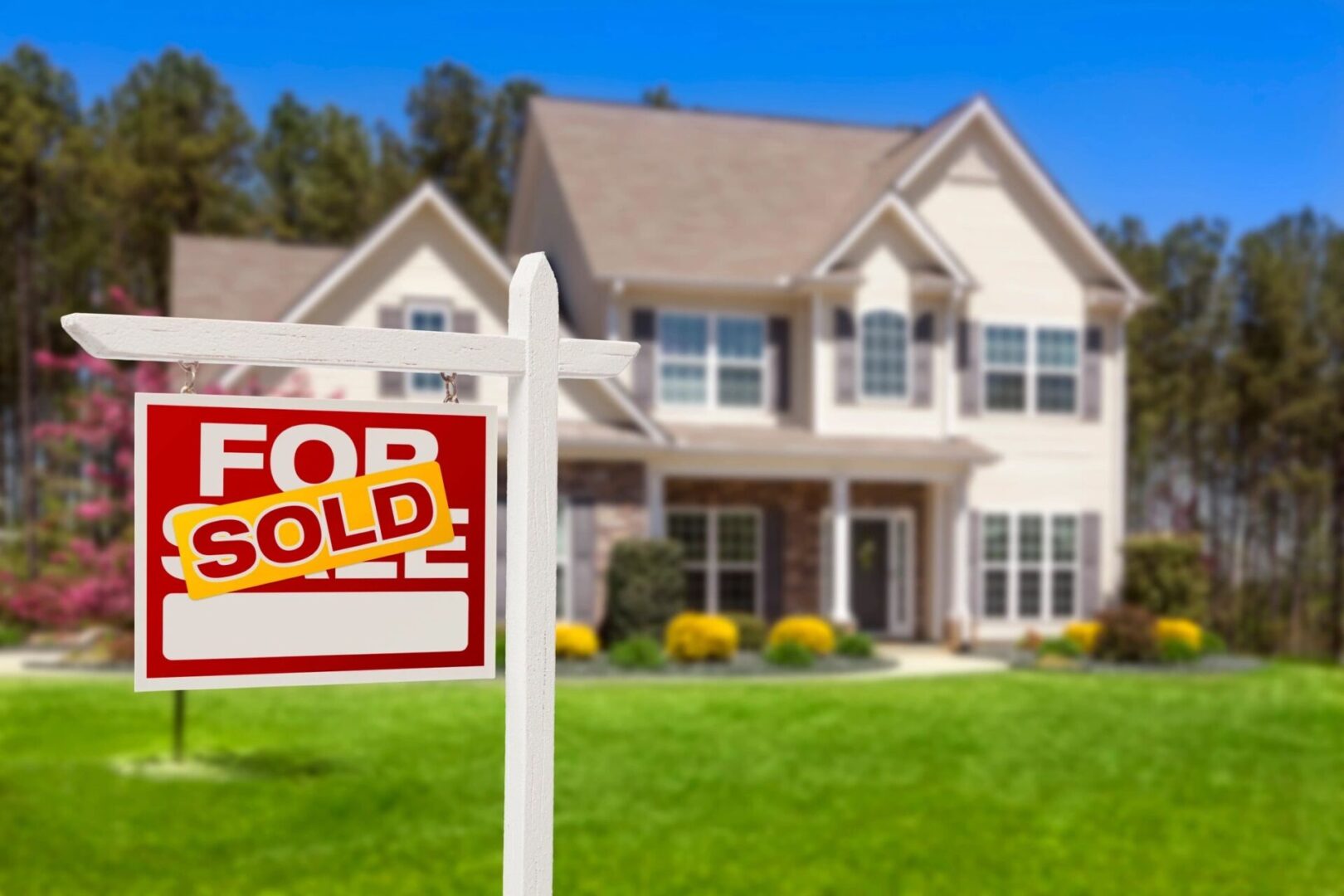Sell your home with us!
We have multiple plans, take a look around and sign up for the package that fits your budget and your needs!
Free 3 Months Listing
6 photos
No MLS Listings
Online Showing ($59) (Optional)
Listed on Realtor.com + Zillow
You Get ALL Buyer Leads
Sell on Your Own and Pay No Commission
Required Listing Forms & Disclosures
Open Houses ($99 Each) (Optional) Includes 2 Signs
- Sign & Lock Box ($120) (Optional)


Plus 6 Months Listing
- 25 photos
- MLS Listings
- Online Showing
- Listed on Realtor.com + Zillow
- You Get ALL Buyer Leads
- Sell on Your Own and Pay No Commission
- Required Listing Forms & Disclosures
- Open Houses Unlimited Includes 2 Signs
- Sign & Lock Box
SmartFSBO+ FULL SERVICE LISTING YOU WILL BE ASSIGNED TO A TOP PRODUCING AGENT IN YOUR MARKET
- 40 Photos + Aerial Photos & Video Walkthrough
- MLS Listings
- Online Showing
- Listed on Zillow, Realtor.com and syndicated to 100's of other websites
- Bring the buyer and Pay No Buyer Commission
- Full Service Listing Forms Disclosures
- Open Houses & Signage
- Required Listing Forms & Disclosures
- Sign & Lock Box
- Social Media Marketing

Should You Sell Your House?
Deciding to sell a home is a significant financial decision that may cause some anxiety as you approach the selling process. But don't worry, you're not alone. Keep reading to determine if the conditions are right to put your home up for sale.
Decide Why You Want to Sell
Putting up a "for sale" sign might seem like the start of the home selling process, but it's just one step in a journey that begins weeks or even months earlier. Setting a price, listing your home, and showing it to potential buyers are all important steps, but the first step is crucial: clarifying your goals and ensuring it's the right time to sell.
Before you proceed with selling your home, start by answering these questions:
- Why do I want to sell?
- What does a new home offer that my current home doesn't?
- Do I have a specific timeframe to sell?
- How much preparation or repair work is necessary to sell my home?
- Do I have enough equity in my home to make a down payment on a new house and achieve my financial goals?
- Is making a profit on the sale of my home a priority? If so, how much profit?
- Where will I live next?
The answers to these questions can help you determine whether you should sell now or wait for a better opportunity. As you consider the financial aspects, take these steps to make an
informed decision.
Assess Your Current Finances
When selling a home, there will be various costs throughout the process. Your first task is to do some calculations to understand approximately how much money you'll have before buying your next home.
Start by calculating the equity in your current home using these steps:
Determine the Current Value of Your Home
If you're unsure about the value of your home, you'll need to come up with a solid estimate. There are several ways you can approach this. One option is to hire a professional appraiser to examine recent nearby sales data. They'll also consider your home's size, features, age,
condition, location, and other traits, providing an unbiased estimate.
Another approach is to ask a real estate agent for a comparative market analysis (CMA). A CMA is a detailed report on recently sold homes in your neighborhood. The information in a CMA will help guide you in determining a competitive asking price. If you're willing to put in a little time and do the research yourself, you can conduct your own comparative market analysis.
Find Out What You Owe Your Lender
Once you have an estimate, check out your current mortgage bill or other mortgage documents for the amount you owe your lender, including any second mortgage or line of credit you might have. Now you can subtract what you owe from what your house is worth to get a rough idea of your equity. For example: if your home is worth approximately $265,000 and you owe $135,000 to your mortgage lender, you have $130,000 of equity ($265,000 - $135,000 = $130,000).
Figure Out Your Net Equity
Your net equity is your total equity minus the expenses you expect to pay as you move through the selling process, including:
- Home repairs or improvements
- Listing fees if you sell your house by owner or seller's agent commissions if you hire an agent
- Appraisal fee
- Title insurance and other charges
At this point, take a good look at the condition of your home.
- Assess the investment you'll need to make before
- Identify the repairs your home needs before putting it on the market, as well as what kinds of upgrades would help you sell more quickly.
- Once you have these numbers, add them up on a spreadsheet to see where you
If you hire an agent to sell your home, your spreadsheet for that $265,000 home could look something like this:
Total Equity (e.g., $130,000) minus the following:
- Home repairs/improvements: $5,000
- Traditional Agent Commission: $15,900
- Appraisal: $300
- Title Insurance: $1,200
- Attorney's Fee: $500
- Moving: $1,500
- Other fees (inspection, ): $500 NET EQUITY: $105,100
Whatever your circumstances are, it's crucial to establish that net equity number when making your home-selling decision. This will help you determine if you're in a good position to move forward and find the best method for selling your home.
Consider Your Home Selling Options
Before you sell your home, take some time to reflect on the questions below. By doing so, you'll be one step closer to deciding if it's the right time for you to sell.
Should You Sell with an Agent or on Your Own?
Your home-selling strategy and the proceeds you can expect to receive from your sale depend on whether you decide to hire an agent or sell your home on your own.
Hiring an agent means your home will likely be exposed to a high number of potential buyers instantly. On the flip side, you'll probably need to pay commission fees when your home sells. Selling your home completely on your own eliminates the need for commission fees.
Whichever option you choose, keep in mind that the process will require significant effort on your part. You'll be responsible for gathering most of the relevant documents and preparing your home for sale. Additionally, you'll need to order and pay for any pre-inspections or appraisals. In some states, you'll also have to hire (and pay) an attorney or an escrow agent to complete the sale.
If maximizing your profit is a priority when selling your home, selling it as with our SmartFSBO+ program may be the way to go. Your home will sell quickly with minimal effort leaving all the marketing, showings, contract to close with one of our handpicked agents.
Should You Sell Your Current Home or Buy a New One First?
A significant part of the decision-making process when it comes to selling your current home is figuring out when it would be best to buy your next home. There is no right or wrong answer to whether you should buy or sell first. It ultimately boils down to personal preference. Some
individuals do everything in their power to avoid the stress of managing two mortgages concurrently. If you choose to buy before selling, that is most likely the route you will take. On the other hand, some are more hesitant about the idea of being "homeless," which is
unavoidable if you sell before buying.
If you are open to either scenario, analyzing your current housing market can help you decide. In a buyer's market, you have a better chance of making an offer on a home contingent on the sale of your current home. This means that you can secure a purchase and have the home waiting for you while you navigate the selling process. However, in a seller's market,
homeowners can be more selective about the offers they receive. Consequently, they are far less likely to accept a contingency that requires them to wait around.
When Is the Best Month to Sell a House?
Based on a recent studies, most people wait until the summer months to sell their homes, with June, July, and August accounting for the highest number of home sales since 2011. However, getting ahead of the competition typically yields the best results. In fact, May was shown to be the most profitable month, with homes selling at 5.9% above the estimated market value.
Of course, this does not mean that you should rearrange your entire schedule and wait an
entire year if you start considering selling in June. There are pros and cons to selling in every season, and each market is unique. However, if you have the flexibility to choose any season, you may want to consider planning for a springtime sale.
Where Will You Live Next?
It may seem obvious, but sellers need to be just as prepared to move as they are to sell.
Whether you plan on buying or renting, it is crucial to start searching for your next home as soon as you make the decision to sell. Here are some steps you can take to prepare for your new life:
- Determine your desired neighborhood(s) and start researching available properties on the market or for
- Check online listings and the local newspaper to help identify properties you would like to
- Develop a solid understanding of what you can offer when you find a home you
- Research lenders and their current interest
- Once you've chosen a lender or two that you feel good about, have a chat with a loan officer to get pre-qualified or, even better, pre-approved for a
- Check out open houses and schedule showings so you can start narrowing down your search as a
- Visit open houses and arrange showings for yourself as a buyer so you can start narrowing down your search.
- Decide on a List Price You may have a solid estimate of your home's value, but setting the asking price will require some research and consideration. The amount you settle on may determine if it's the right time for you to sell or not. One of the advantages of working with an agent is having a market expert to help you arrive at a precise, competitive asking price. Without an agent, getting the price right might seem like a major hurdle. It's true that you'll need to put in a little extra effort. However, determining an optimal price is actually a fairly straightforward process.
- The key is to research homes that are "comparable" in your local You can use our Pricing Scout tool to find out the value of your home, which can provide a reliable estimate in just minutes.
Checklist: Deciding if You Should Sell
- Assess your financial
- Decide on your home sale
- Determine where you will live

